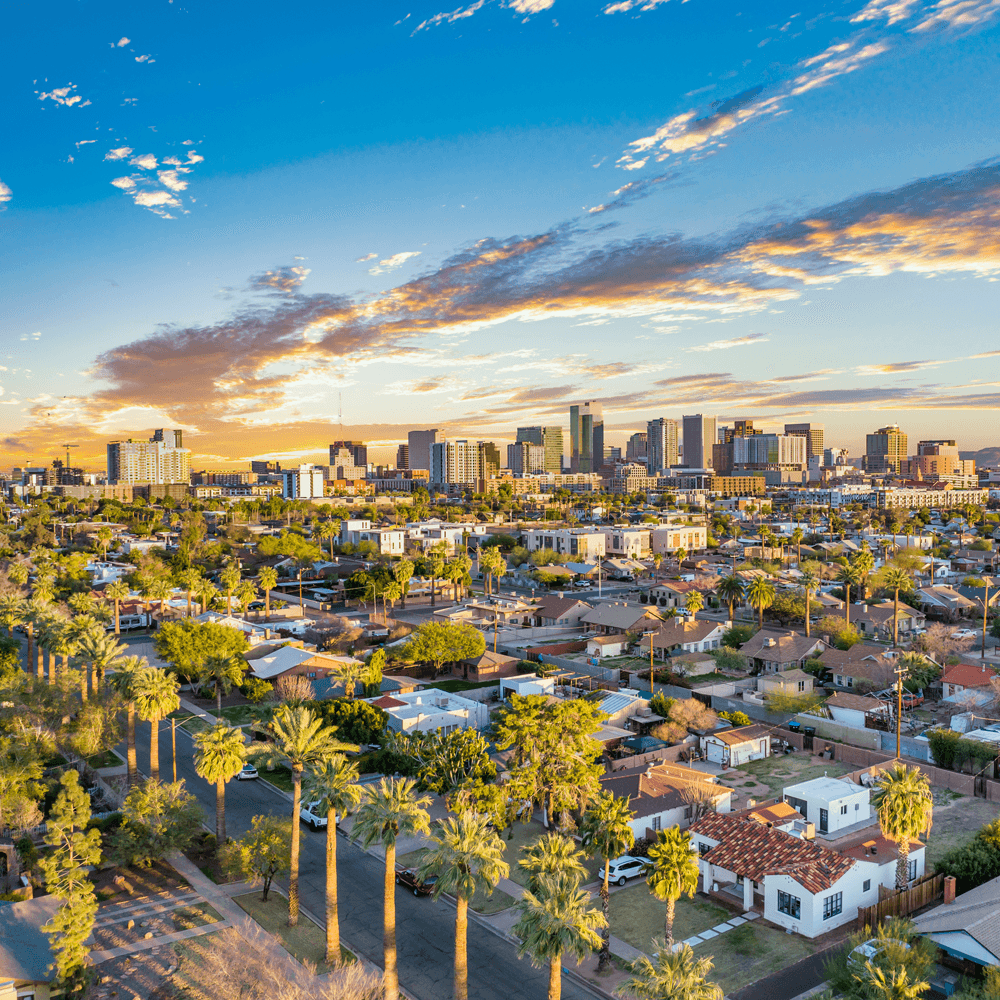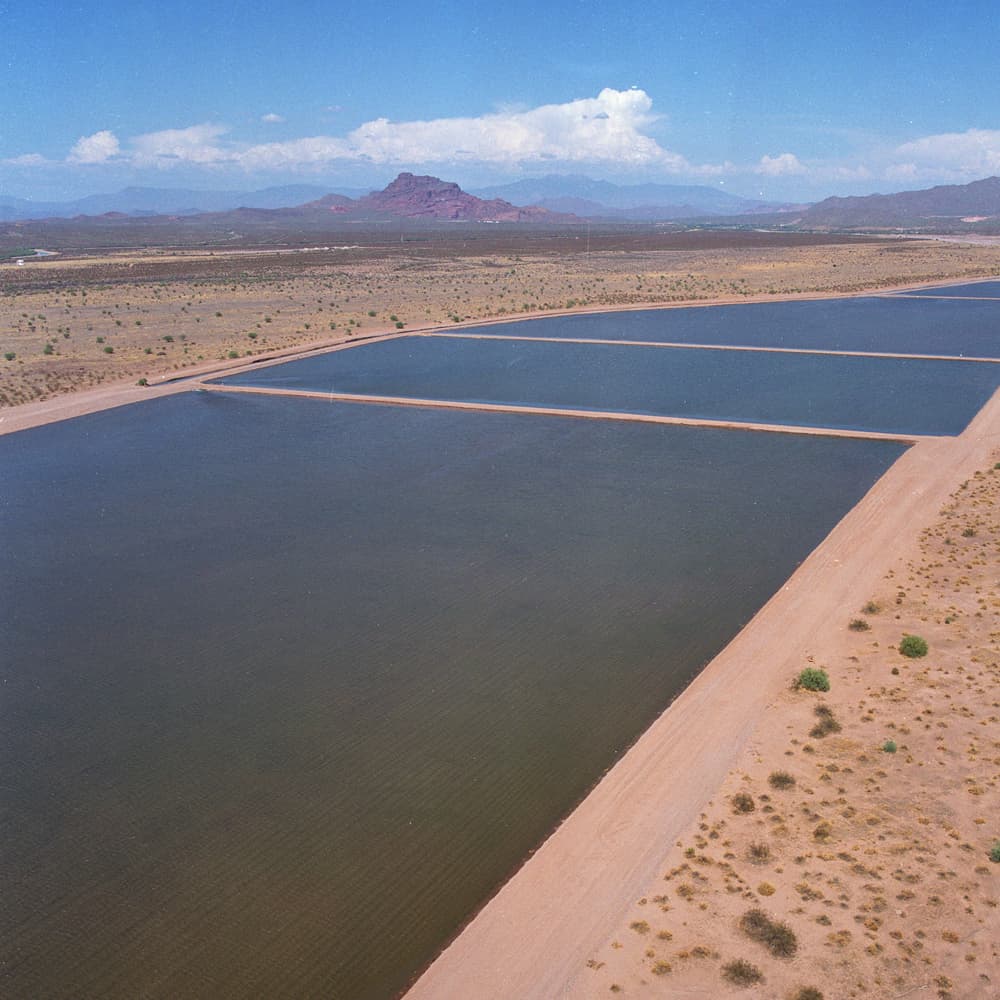Issues and News
Where we stand on the issues
Smart water policy and careful planning, investment, and management have enabled AMWUA’s members to build robust, reliable water supplies that support our communities and economy. It is imperative that we continue to address the issues in front of us to ensure the future viability of those supplies. Learn more about some of the issues we are working on:

Water Security: The Foundation of Arizona’s Success
Arizona’s impressive economic growth and vibrant communities rely on one crucial element: water security. This essential resource allows our desert ci...

Colorado River Shortage
Levels at Lake Mead are rapidly dropping, in part, because the water stored in this reservoir is over allocated to the states that share it. This puts...

Storing Water for Our Resilience
Water security is the foundation of our thriving desert communities. We can’t take our water supplies for granted, which is why AMWUA cities constantl...
Where we stand on Legislation
2024 - Fifty-sixth Legislature - Second Regular Session
Arizona Senate
SB 1201
long-term storage credits; shortage; prohibition.
In Brief
SB 1201 prohibits municipal providers from earning Long-Term Storage Credits for storing Colorado River water during a shortage.
Arizona House
HB 2099
long-term storage credits; shortage; prohibition
In Brief
HB 2099 prohibits municipal providers from earning Long-Term Storage Credits for storing Colorado River water during a shortage.
HB 2027
physical availability; review; designated providers
In Brief
HB 2027 would endanger the Designations of all designated municipal providers in the Phoenix AMA.
AMWUA Press Room
Deadlocked Colorado River negotiators to meet, 'sequestered'
Top water officials from the seven Colorado River Basin states will return to the negotiating table next week, reportedly in sequestered fashion, to try to make headway over how to cut water use....
Where Lake Mead Water Levels Stand Amid Heavy California Rain
While California has faced recent downpours, water levels at Lake Mead sit at just 33 percent full....
Central Arizona Project worried about snowpack levels — though it's still early in the water year
Water issues will no doubt make the news in 2026. A water expert at the Central Arizona Project, which delivers Colorado River water to parts of the state, said the news so far this water year isn't good....
Arizona water chiefs report movement in Colorado River talks, potential Lake Powell protections
Arizona’s chief water executive reports movement in Colorado River negotiations and a potential agreement on Lake Powell protections....
Lake Powell drops 36 feet in one year as water crisis deepens
Lake Powell has dropped 36 feet in just the past year, leaving the massive reservoir at only 27% of its capacity and raising concerns about the ability of the Glen Canyon Dam to generate power....
Water is essential for life
It supplies food, generates energy, and creates jobs. The wellbeing of our communities and economies depends on it. In a desert, we are acutely aware that we must continue to plan, invest, and develop forward-thinking policy today to ensure safe, reliable, and sustainable water supplies for the future.



